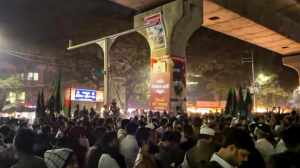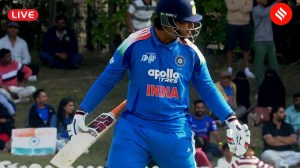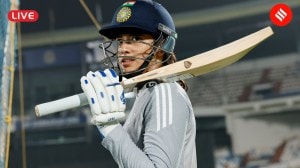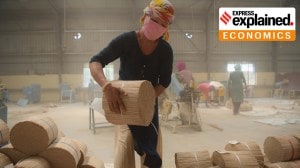Speak, Memory
Remembering Ferdousi Priyobhashini, the first to talk about the mass rape of women during Bangladesh’s freedom struggle.
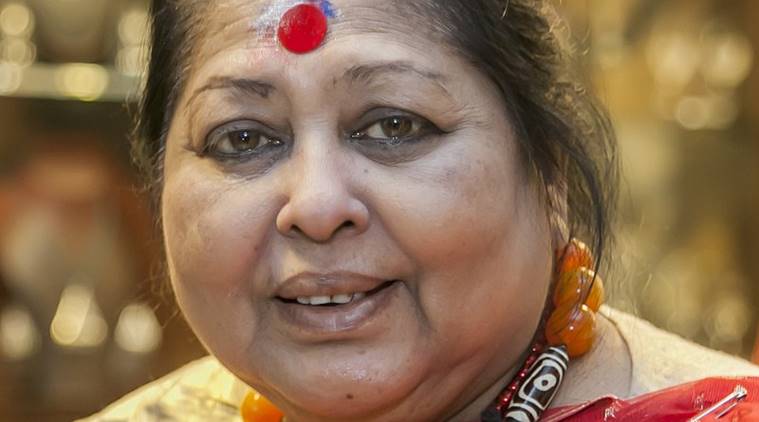 Ferdousi Priyobhashini
Ferdousi Priyobhashini
Ferdousi Priyobhashini, you were never meant for paradise.
You were meant for our world, a dirty tattered parchment of all things unforgettable; you were against forgetting, against convenient silences, against other-worldly compensations for the small men and women of a free country.
Your country, as you put it, when I met you in 2010 at your Dhanmondi residence in Dhaka, since you had liberated it as much as any man had. A few months later, you received the Freedom Fighter’s Award on Independence Day from the Prime Minister. “I had given my body for the freedom of my country. Why should I feel shame?” you had said.
Ferdousi Priyobhashini was born in 1947. She was 23 and a mother of three children, when the Liberation War of Bangladesh found her in 1971. She had separated from her first husband and was working at a mill in Khalishpur near Khulna where she was raped by the rampaging armed forces from the western part of her own country, Pakistan. Had it not been for her testimony first given in 1999 that told a wounded post-war society that she and so many other women were survivors of repeated rape over months at the hands of the marauding forces, the stories emerging from her country about what the war had meant to the citizens of East Pakistan would have been very different.
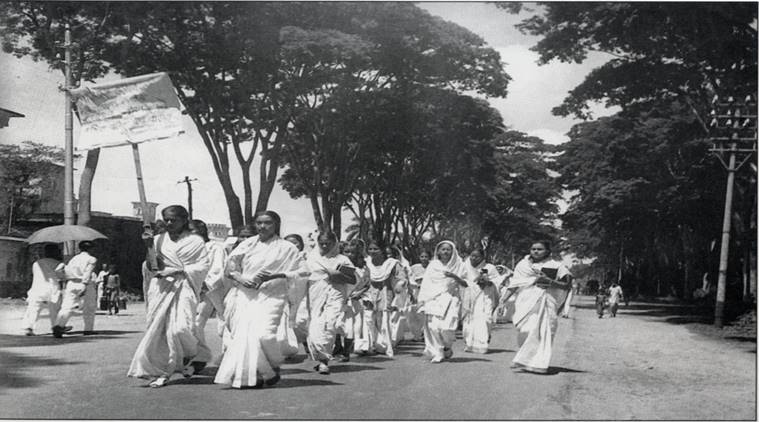 Dhaka female students’ procession on Febraury 21, 1953
Dhaka female students’ procession on Febraury 21, 1953
In 1996, Nilima Ibrahim came out with her ground-breaking collection of testimonies of raped women, Ami Birangona Bolchhi. But fear of hostility and social ostracism required her to put their stories forward under changed names, fabricated identities, unable and unwilling to claim their story as their own.
Bangabandhu Sheikh Mujibur Rahman would call the lakhs of women raped in nine months war heroines. But Priyobhashini spoke up and said that she was one of them, she made that name, birangona (war heroine), her own. Researchers subsequently unearthed narratives of sexual violence on non-Bengali women too — that familiar tale of contaminating the race to avenge wrongs done to the nation, of rape as war by other means.
Priyobhashini chose to break the silence by putting a name and an identity to those who experienced wartime rape. They could now be seen. In 1992, in the public mock trial of war criminals, held after General Ershad relinquished power, few women from the villages were brought to Dhaka to testify about the sexual violence suffered during the war. The narrative of shame had continued in post-war Bangladesh and when I met her eight winters back, she mentioned how drunken men would shout and taunt her husband asking him that she be loaned to them for a night.
The patriarchal anxiety about the female body had not abated by the rhetorical ennoblement of being called “ war heroines”. What was she doing there in Khalishpur, they asked, still working in a mill? Could she not have run away? She had first responded by saying that she had nowhere to go since her presence would endanger her family and she needed the money. Or that she never imagined it could really happen to her. Later, as she put it, she stopped offering alibis for her choices.
Priyobhashini actively worked for the Ghatak Dal Nirmul Commmittee to bring war criminals to trial, ignoring her pain as she testified again and again. Her accessibility was a force that gave courage to not just war victims but women in a Bangladesh that swung between democracy and absolutism, secularism and fanaticism.
 People demanding death penalty for the war criminals of 1971 war in Bangladesh
People demanding death penalty for the war criminals of 1971 war in Bangladesh
A grieving crowd gathered at the Shahid Minar on the day of her funeral. Like they did when Shahid Janani (“Martyr Mother”) Jahanara Imam, the author of the deeply moving Ekattorer Dinguli passed away. Imam’s son Rumi was an engineering student on the verge of leaving for an American university. He had turned guerrilla and died due to custodial torture. His body was never found. Between them and such women lies the story of the creation of a new country, the birth/liberation of Bangladesh, the war of 1971 or the loss of East Pakistan, depending on the way one looks at it.
All her life, Priyobhashini fought against being defined as this or that. More than a witness to how freedom was won, she turned into a woman who would pick up the odd refuse — twigs, branches, paper, metal — and bring them to life in sculpture. Mobility was what she created, forms should move, she had said. So should life stories become history.
Priyobhashini, the sculptor, chiselling and carving away in her workshop is now part of our memories, as is the directness of her gaze, the wisdom of having known life in its naked absurdity, the ailments born out of prolonged trauma and the love that survived it all.
Rest in peace, Ferdousi Priyobhashini. In you broken bits and pieces turned into art. The art of life and living.
- 01
- 02
- 03
- 04
- 05








